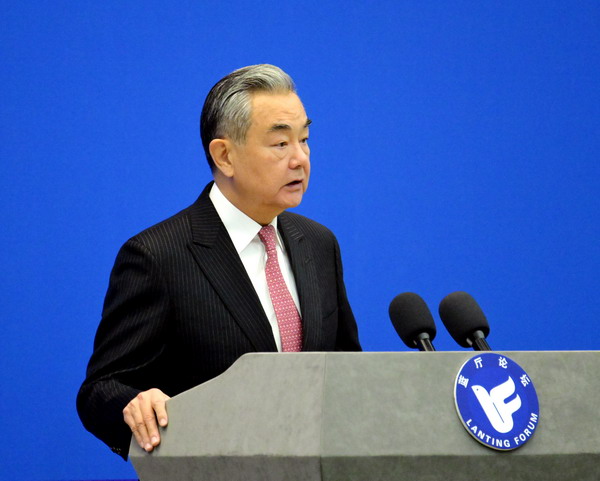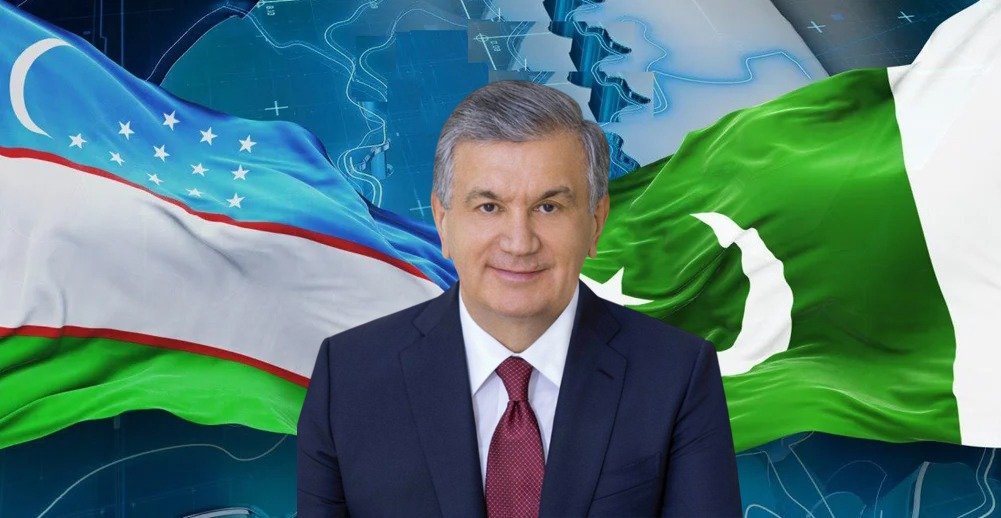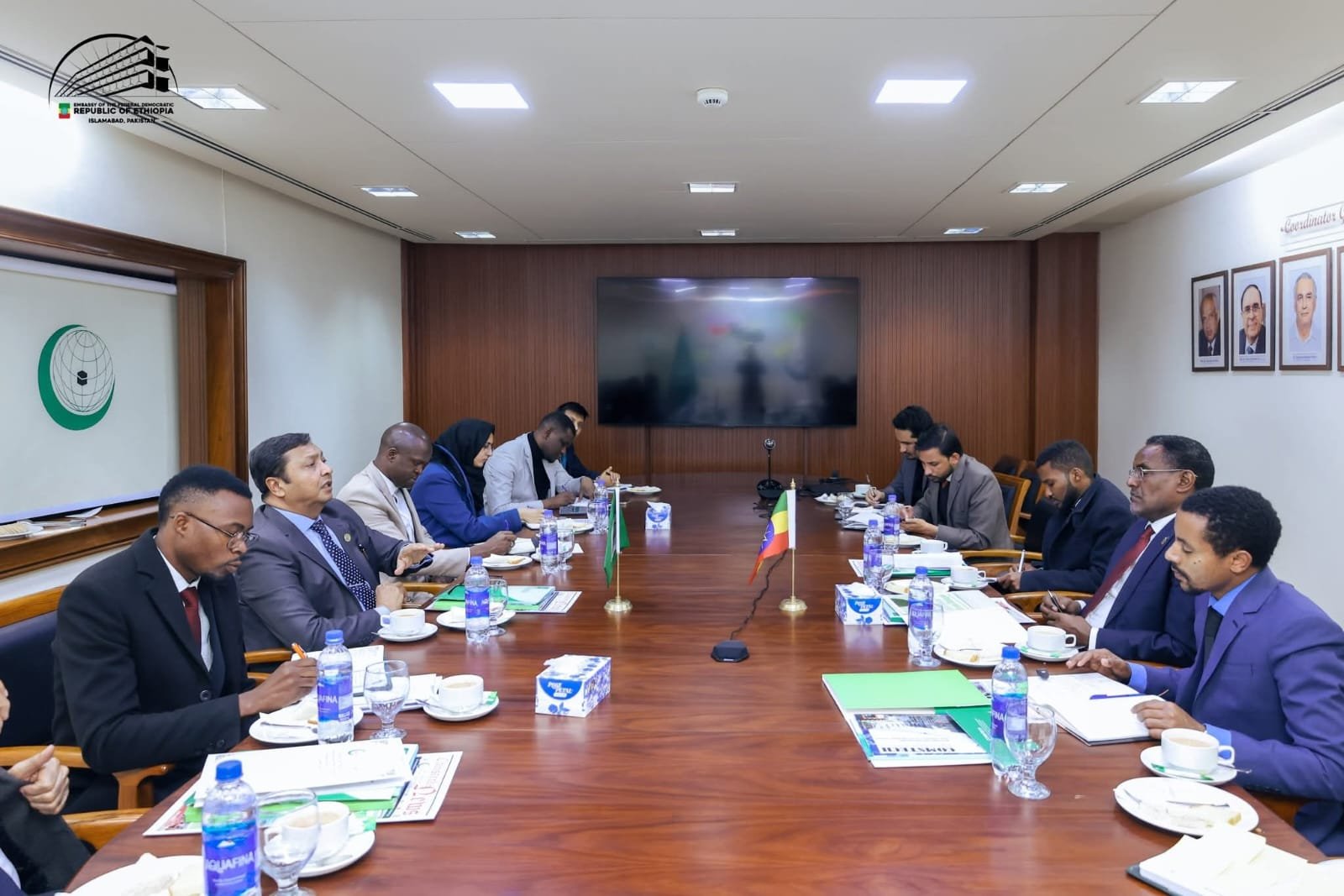Challenges of Global Governance:
The changing elements of modern world such as digital innovations and artificial intelligence, geopolitical scenarios and societal shifts has directly impacted the global governance forcing it to adapt to the demands of modern times. The international organizations formed after World War II to maintain global governance are being challenged already in their authority, affectivity and implementation of their decisions. Rising nationalism and unilateralism, Security Council deadlocks due to veto powers and lack of implementation of global policies made it necessary to reform the currently existing world order. A just and equitable global governance system based on extensive consultation and joint contribution is the absolute need of the time.
Global Governance Reforms:
United Nations report on Global Governance presented the key values which are desired in future governance. These desirable values included foundational elements of human rights and democracy, inclusion and social justice, transparency and accountability, innovation, environmental responsibility, and financial reforms.
China’s Community with Shared Future for Mankind:
After opening up, China has always been looking for the ways to raise the livelihood of its people and people around the globe. In its 14th “Five Year Developmental Plan” China included the concept of “Common Prosperity Objective” for the very first time. The aim of including this objective in the “Long Term Goals for 2035” was to focus more on the “Chinese people enjoying better life, the all-around development of people and the common prosperity of all”. Similarly, another of its significant initiative “The Poverty Alleviation Program” is something that defies imagination when China successfully achieved its poverty reduction goal, through four poverty reduction plans introduced in 1986, 1994, 2001 and 2011, which was achieved one decade earlier than the targeted time set under the United Nation’s 2030 agenda of Sustainable Development. Both of these program provided the foundations of broader objectives and developed an understanding that the poverty alleviation, modernization and development are not merely related to increased income of improvised people or ensuring the prosperity of only few rather it is more about developing a community of shared future for mankind as all humans are connected to each other.
Community of shared future is an idea that was presented by the Chinese Premier Mr. Xi JinPing in 2013. This idea was presented in the quest of finding the answers to the questions related to the future of mankind on Earth. Our Earth is the only home to human beings in the whole universe and to protect our shared home and create a better future of prosperity for all, everyone needs to consider themselves as the passenger of the same boat. The global solidarity, openness, inclusion are the right path that will lead to a better life for humanity that everyone on this earth imagines.
Global Governance Initiative:
China has long being advocating for a global governance system where all countries are treated equally and provided with equal opportunities. While working on global diplomacy China always focused on true multilateralism which is equitable, open and win-win, focusing on betterment of common people, promoting diversity and inclusiveness. China has presented his version of global governance in the form of its Global Governance Initiative (GGI) which it announced in its recent Shanghai Cooperation Organization (SCO) summit.
China’s Global Governance Initiative, shortly known as GGI, focus on building and reforming global governance system, and commitment of five key concepts i.e., commitment to sovereign equality, commitment to international rule of law, commitment to multilateralism, commitment to people centered approach, and commitment to real results. The GGI is another major initiative in addition to Global Development Initiative (GDI), Global Security Initiative (GSI), and Global Civilization Initiative (GCI), each of which has its own respective priorities that can play a significant role for humanity’s development and progress.
China’s GGI is not a newly developed concept instead it is based on the ideas and principles of the existing U.N charter and it aims at reforming and improving the global governance at taking efforts, working effectively, adapting to changes, responding promptly and effectively to various global challenges, and serving the interests of all countries. In other words, it can be said that it is a full fledge Chinese support to the existing UN platforms, relevant international organizations as well as regional and sub-regional multilateral institutions to take actions independently in reforming global governance. This GGI initiative is also be termed as recognition of UN’s Policy Brief published in April 2025 titled as “Governance Futures: Key insights and policy implications”. A significant feature of this initiative is its particular support to the developing countries and emerging markets of the Global South. The multilateralism which was included in UN charter at the time of its establishment was continuously rejected by unipolar hegemony of some nations from last many years. The priority areas from urgent governance include AI, cyberspace, outer space, climate change, trade and strengthening the existing structure and functional implementation of U.N decisions.
China’s Global Governance initiative provides good basis with a focus on developing a community with shared future can serve the Global Governance as it incorporates all those factors that are reported as key values and desirable in UN’s Global Governance Reforms.

Participant of ICSF – UOS Fellowship Program 2025-26 at University of Sargodha.













